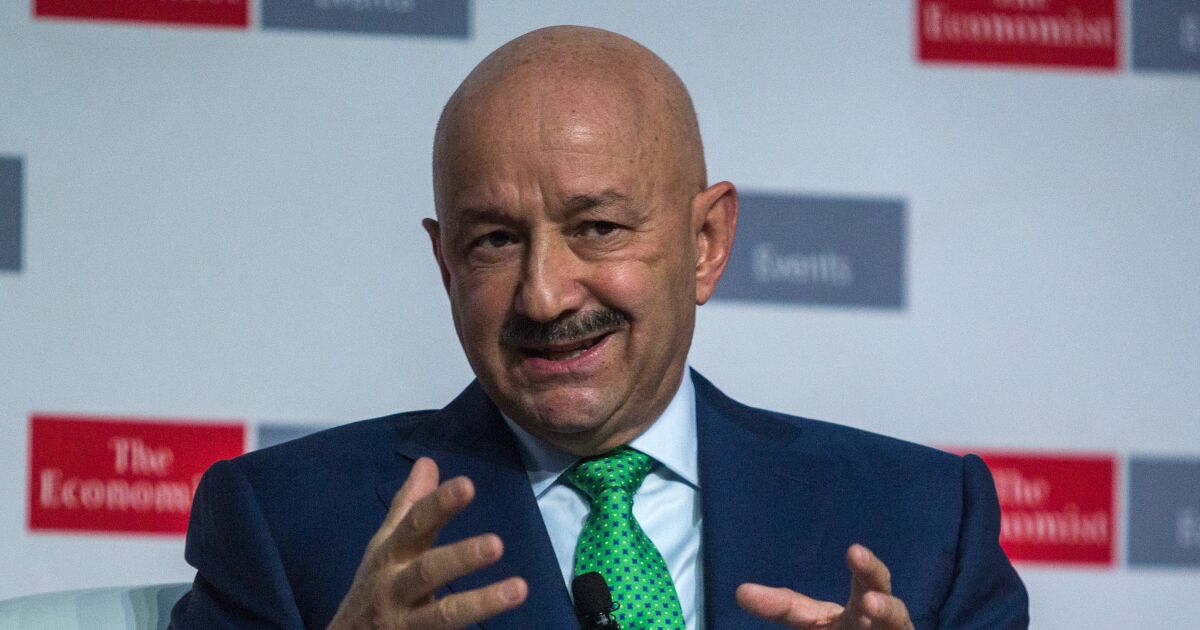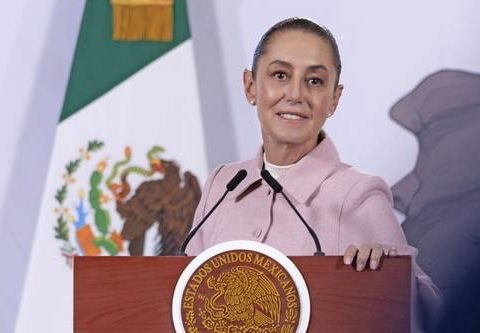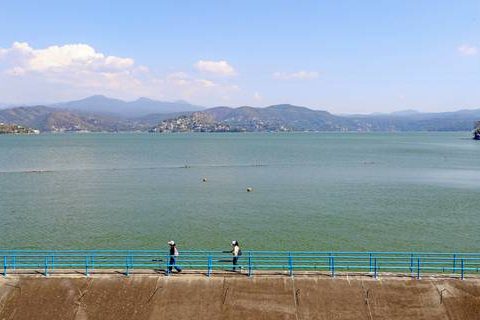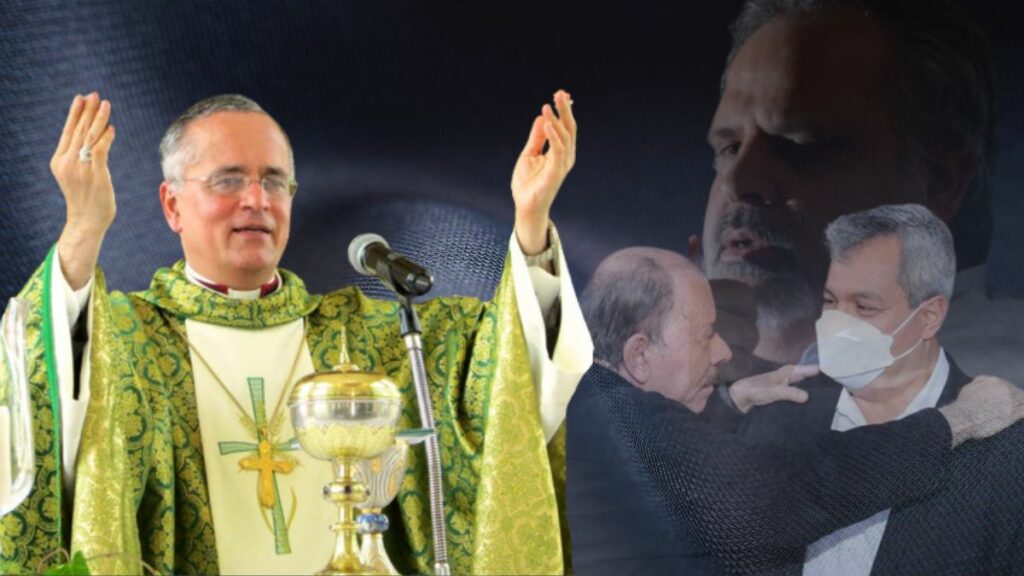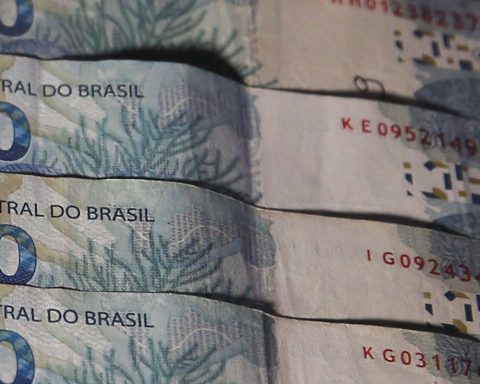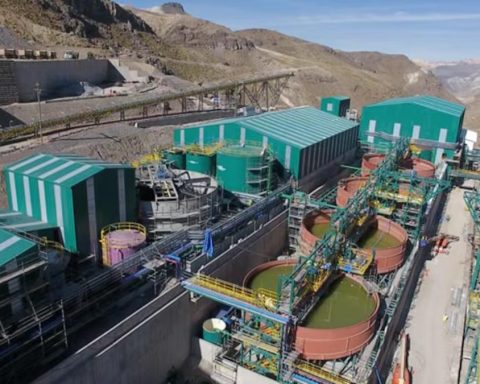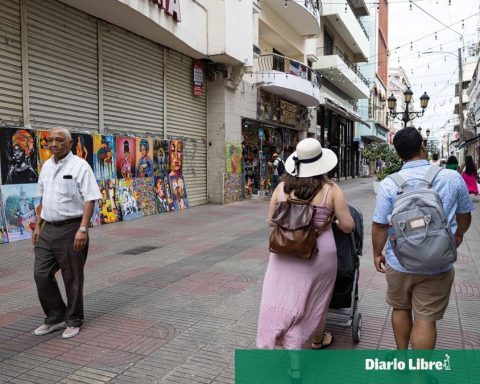Who is Carlos Salinas?
Salinas, an economist by profession and currently 74 years old, was president of Mexico from 1989 to 1994 and is originally from Nuevo León, one of the entities -according to El País- where Mexicans have most resorted to the Spanish nationality process through Sephardic means .
This mechanism was established in Spain in June 2017 and would expire in 2018, but it was extended until 2019. The objective was to compensate for the actions that Spain committed in 1492 by expelling the Jews from its territory, through the recognition of that Sephardic community as Spanish.
The dual nationality of Salinas would accredit the Spanish and Sephardic origin of his predecessors.
The Salinas Controversies
Salinas’ six-year term ended in November 1994, and since April 1995, after his brother Raúl was imprisoned, Salinas de Gortari has lived outside of Mexico, first in Ireland, now in Great Britain with frequent visits to Spain.
His coming to power in 1988 was the result of one of the most controversial elections of the last century in Mexico, due to accusations of having incurred in electoral fraud against his contender, Cuauhtémoc Cárdenas, of the National Democratic Front (FDN) that brought together forces socialist, communist policies, social and urban movements.
In addition to the irregularities that occurred during that vote, on July 6 of that year, doubts remained due to the so-called “system crash” that stopped the flow of the electoral results of the presidential election, an interruption that sowed uncertainty about the legality of the process. . Years later, in 1991, the ballots were burned.
Although Salinas de Gortari governed Mexico from December 1, 1988 to November 30, 1994 and did so with high levels of popularity, his legitimacy was always questioned by the Mexican left.
One of its most important decisions was the economic integration resulting from the negotiation of the Trilateral Free Trade Agreement (FTA), which was signed with the United States and Canada in 1992 and entered into force at the end of 1994.
Salinas called the “December error” and attributed it to his successor in office, Ernesto Zedillo, who took office on December 1, 1994. According to Salinas, he had not made the necessary adjustments to maintain stability, which that unleashed one of the most serious economic crises in the country, with capital flight and triggering inflation.
That crisis, plus the impacts that the FTA would have brought with it to the Mexican agricultural and productive sectors, the privatizations of state companies that he undertook in his mandate and the increase in poverty, the corruption of his close circle, especially that of his brother Raúl, increased the animosity of the population towards Salinas de Gortari, who lived through years of media lynching.
One of those who were identified as his main adversaries is the current Mexican president Andrés Manuel López Obrador, who for more than a decade had designated him as the “chief of the mafia of power”, indications now in disuse.
In 2021, he promoted a citizen consultation to sanction political figures from the past, which the president called a “trial of former presidents,” including Salinas, but the results were not binding due to low participation.
